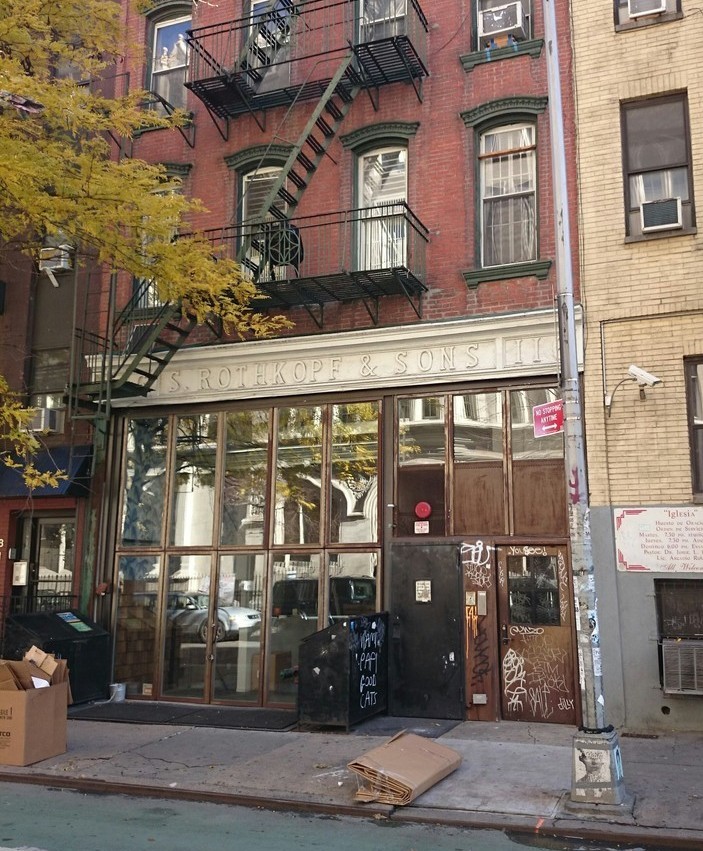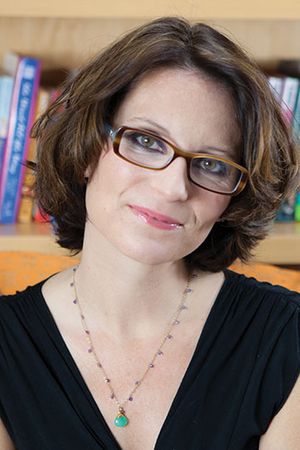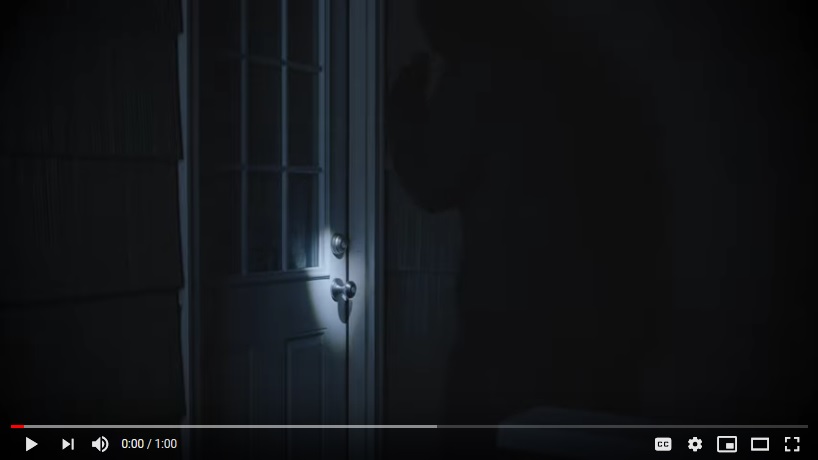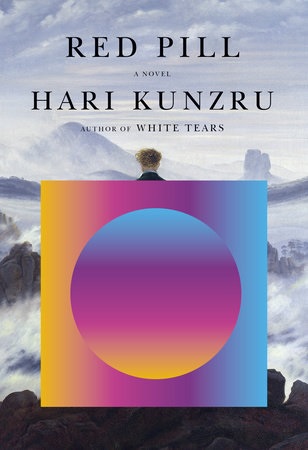Bernard Bailyn, the historian and Harvard professor who won two Pulitzers, a Bancroft Prize and a National Book Award, died on Friday. He was 97.
In his teaching and in his more than 20 books, he "reshaped the study of early American history with seminal works on merchants and migrants, politics and government, and recast the study of the origins of the American Revolution," the New York Times wrote.
His best known work was The Ideological Origins of the American Revolution, published in 1967, which "challenged the then-dominant view of Progressive Era historians like Charles Beard, who saw the founders' revolutionary rhetoric as a mask for economic interests." The book's study of pre-Revolutionary political pamphlets, the Times wrote, "revealed a striking pattern. Though the colonists opposed taxes, restrictions on trade and other economic measures, and were frustrated with their subordinate status in British society, it was a fundamental distrust of government power, in Professor Bailyn's view, that led them to throw off the colonial yoke.
"The colonists had inherited this ideology from opposition politicians and writers in England, he argued. But it became particularly potent in the relative isolation of the American colonies, where unpopular policies enacted an ocean away were interpreted as signs of a corrupt conspiracy to deny colonists their freedom." The book led generations of historians to consider ideological interpretations in early U.S. history.
His other works include The Ordeal of Thomas Hutchinson (1975), a biography of the last colonial governor of Massachusetts; Voyagers to the West (1987), about the nearly 10,000 British immigrants to North America in the 1770s; and The Barbarous Years (2013), about the period between the founding of Jamestown and King Philip's War. In April, Norton published Bailyn's Illuminating History: A Retrospective of Seven Decades, an intellectual memoir.
Known for his rigorous scholarship and elegant prose, the Times wrote, "within the profession, Professor Bailyn was a frequent critic of overspecialization, abstraction and politicized 'presentism'--interpreting past events in terms of modern thinking and values. For him, it was essential to respect the strangeness and pastness of the past, and to see it, as much as possible, on its own terms."
He was criticized for focusing on leaders and the elite in society. In response, the Times noted, Bailyn "often spoke against what he called the 'fashionable' tendency to excoriate the American founders, whom he called, for all their faults, 'one of the most creative groups in history.' " In 2010, he said that the founders "gave us the foundations of our public life. Their world was very different from ours, but, more than any other country, we live with their world and with what they achieved."
 "The love generated by my grandmother (she had to drop out of school when she was 14 years old) who walked me to my first library because she knew Rep. John Lewis and other Blacks were denied a library card. Rep. John Lewis, as was my grandmother, was told that libraries were for whites only and she was powerfully determined to see that I got a library card and read every book in that library. Those librarians took me in their heart and when I would walk without my grandmother, having gone without food for that day, they fed me peanut butter and jelly sandwiches. I will always for the rest of my life thank them for feeding me books and food. It's my passion in life to continue to support all independent bookstores and libraries and provide food and books for kids."
"The love generated by my grandmother (she had to drop out of school when she was 14 years old) who walked me to my first library because she knew Rep. John Lewis and other Blacks were denied a library card. Rep. John Lewis, as was my grandmother, was told that libraries were for whites only and she was powerfully determined to see that I got a library card and read every book in that library. Those librarians took me in their heart and when I would walk without my grandmother, having gone without food for that day, they fed me peanut butter and jelly sandwiches. I will always for the rest of my life thank them for feeding me books and food. It's my passion in life to continue to support all independent bookstores and libraries and provide food and books for kids."









 Bluestockings
Bluestockings

 The second annual
The second annual 

 Ellen Cammack, manager of
Ellen Cammack, manager of  In Bangladesh, the ongoing pandemic "
In Bangladesh, the ongoing pandemic "
 "It's #nationalbookloversday aka book weirdos like us!" wrote
"It's #nationalbookloversday aka book weirdos like us!" wrote  In a nostalgic mood,
In a nostalgic mood,  The Nothing Man
The Nothing Man What appears to be an average midlife crisis for an agitated midcareer male writer tumbles headlong toward existential apocalypse in Hari Kunzru's engrossing, mind-bending sixth novel, Red Pill. It is his second work (after
What appears to be an average midlife crisis for an agitated midcareer male writer tumbles headlong toward existential apocalypse in Hari Kunzru's engrossing, mind-bending sixth novel, Red Pill. It is his second work (after 